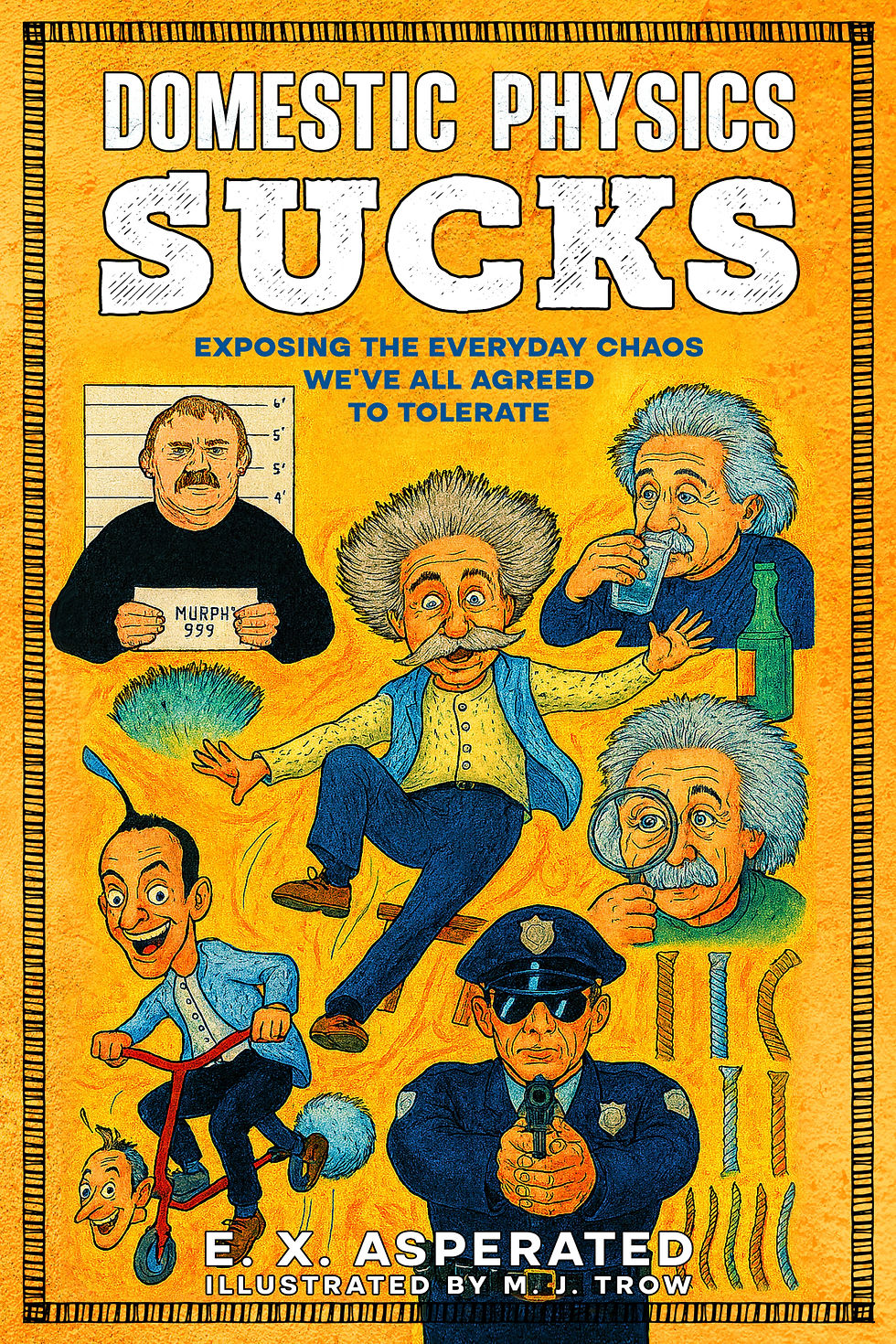Author Interview: John Selby
- blkdogpublishing

- Sep 20, 2019
- 2 min read

1. What inspired you to become a writer?
I have wanted to be a writer since I first started reading SF novels when I was about 7 years old. But it was a bout with terminal cancer that caused me to rearrange my life's priorities and to pursue my dream of being a full-time author.
2. What's your favourite book of all time?
That is like asking a parent who is their favourite child. I have too many to list. However, among the most influential and memorable are Stranger in a Strange Land; A Wrinkle in Time (which I read when I was six or seven); most any book by Isaac Assimov, and more recently the Harry Potter novels. All of these, plus Star Trek (the original series) really inspired me.
3. What advice would you give to aspiring writers?
The same advice I give to cancer patients where I quote Jimmy Valvano "Don't give up, don't ever give up."
4. What is the most frustrating thing about being an author?
Editing. Every time I reread my work, I find more misteaks! (that was intentional)
5. What's your favourite movie?
Favourite child question again. I love SF and comedies. Most memorable include What's Up Doc? (showing my age); Airplane; A Fish Named Wanda; (sense a theme?) Star Trek IV, Harry Potter series
6. What's better, dogs or cats?
I love them both. We have two dogs and seven cats - all rescue. They found us, we did not seek them!
7. If money was no object, how would you spend your life?
Traveling, reading, writing, photography
8. Do you draw from personal experiences when you write?
Yes, especially the space scenes.
9. What is more important? Strong characters or a strong storyline?
Both are essential, although I believe a strong storyline can overcome weak characters, but strong characters cannot save a bad plot.
10. What advice would you give to first time writers when submitting their work to publishers or literary agents?
See three above. You have to: 1) believe in yourself. 2) Edit extensively before submitting - preferably professionally. 3) Read your story aloud to someone. It will force you to see every word, which is hard to see when you are proofing. 4) write a strong query letter - research examples. 5) make sure you are submitting to agents/publishers who are interested in your type of work; 6) research who you are submitting to. Make sure to follow their guidelines. Personalize it if possible. 7) join writer's groups and organizations. Go to trade shows to learn more about your craft. 8) Don't give up!








Comments